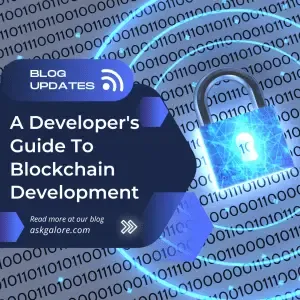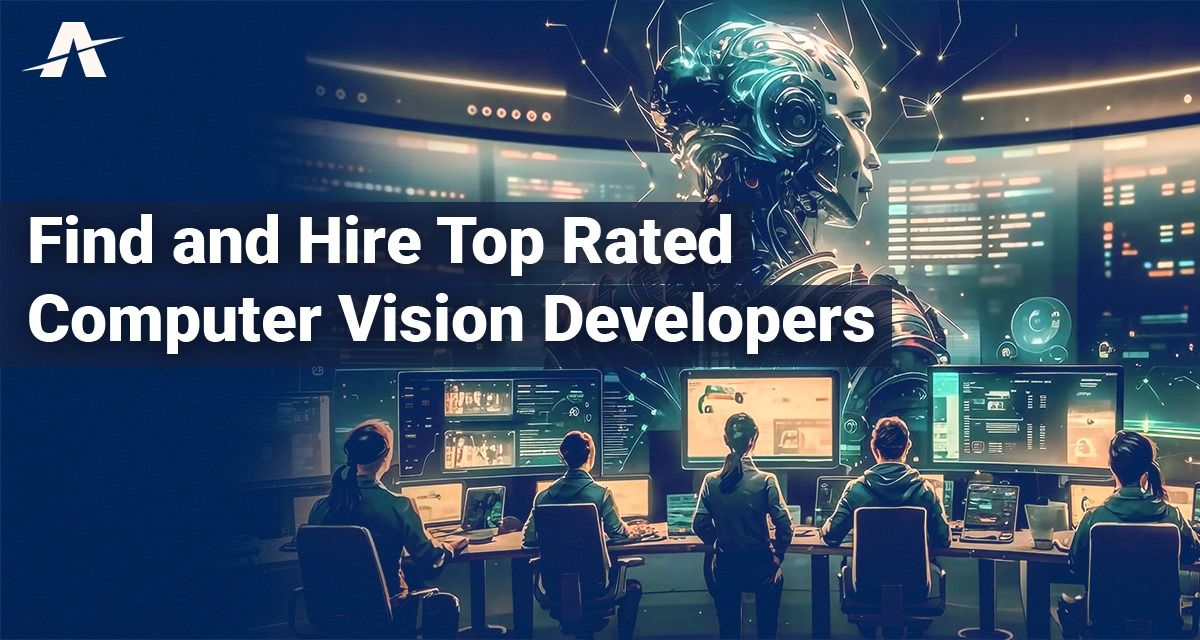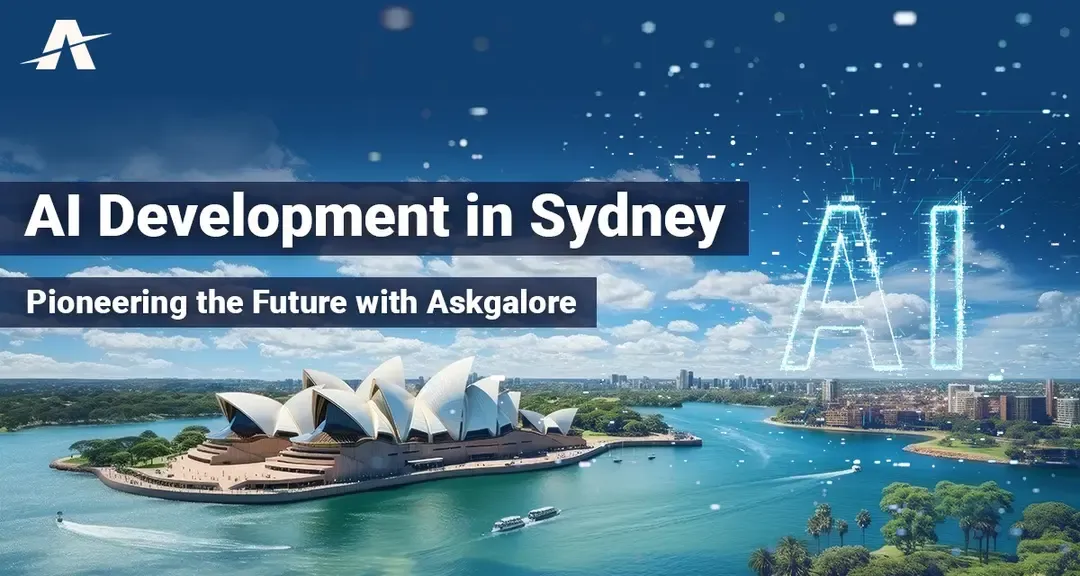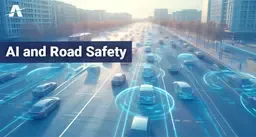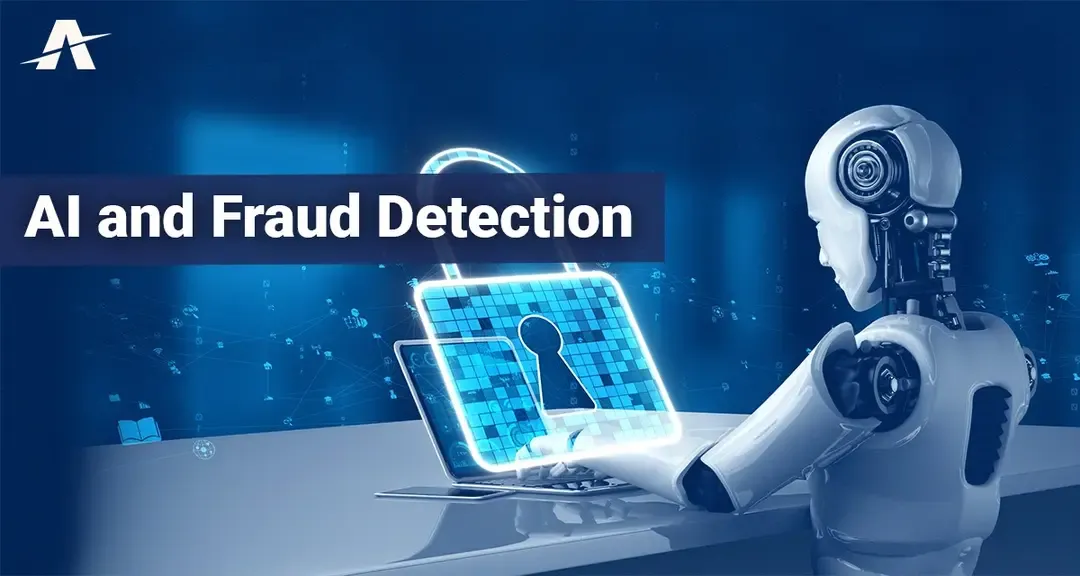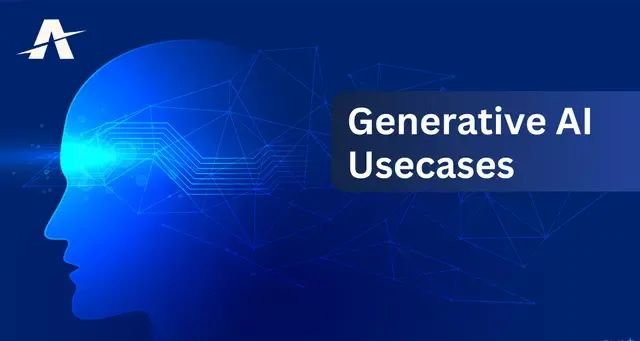
Blockchain technology has rapidly grown in popularity in recent years, and many businesses and organizations are looking to implement blockchain solutions to improve their operations. Blockchain developers are in high demand as they possess the skills and knowledge required to create and implement blockchain-based applications. Here we’ll discuss the benefits of blockchain development and the role of a blockchain developer.
What is blockchain development?
Blockchain development involves creating and implementing blockchain-based applications that offer secure, transparent, and immutable records. Blockchain developers use their expertise to create smart contracts, decentralized applications (dApps), and other blockchain-based solutions. These applications are designed to offer increased transparency, security, and efficiency compared to traditional systems.
One of the significant advantages of blockchain development is the high level of security it provides. The decentralized nature of the blockchain makes it virtually impossible to hack or alter data. Each block in the chain contains a unique digital signature that verifies its authenticity, ensuring that data stored on the blockchain is tamper-proof and immutable.
Blockchain development has many use cases, such as supply chain management, voting systems, and identity verification. Companies can use blockchain to track their products’ journey from the manufacturer to the end-user, providing transparency and accountability throughout the supply chain. Governments can use blockchain to create secure voting systems, ensuring the integrity of elections. Blockchain can also be used for identity verification, providing a secure and decentralized way to verify personal information
Role of a blockchain developer
A blockchain developer is responsible for designing, developing, and maintaining blockchain-based applications. They work with blockchain frameworks such as Ethereum, Hyperledger, and Corda to create decentralized applications that run on the blockchain. Some of the primary responsibilities of a blockchain developer include:
Creating smart contracts: Smart contracts are self-executing contracts that are stored on the blockchain. Blockchain developers use programming languages such as Solidity and Vyper to create smart contracts that automate processes and eliminate the need for intermediaries.
Developing decentralized applications (Dapps): Blockchain developers use blockchain frameworks to create decentralized applications that run on the blockchain. These applications are designed to be transparent, secure, and efficient.
Implementing blockchain solutions: Blockchain developers work with businesses and organizations to understand their requirements and implement blockchain solutions that meet their needs. They are responsible for ensuring that blockchain-based applications are secure, reliable, and scalable.
In addition, blockchain developers must be familiar with different blockchain platforms and frameworks. These platforms, including Ethereum and Hyperledger, provide a foundation for building and deploying blockchain solutions. Developers must choose the right platform for their application and have a good understanding of how to interact with it through APIs. This knowledge is crucial in developing efficient and effective blockchain solutions that can scale to meet the needs of users.
To write secure and efficient smart contracts, blockchain developers must have a strong understanding of programming languages, data structures, and cryptography. They must also have experience in developing and deploying smart contracts on the blockchain. Additionally, they must be familiar with various tools and frameworks that can help them write better smart contracts and build more secure blockchain solutions.
The role of a blockchain developer is becoming increasingly important as the demand for blockchain solutions grows. Blockchain technology is being adopted by various industries, including finance, healthcare, and supply chain management, to increase efficiency and transparency while reducing costs. Blockchain developers will play a critical role in creating innovative blockchain solutions that can revolutionize these industries.
In conclusion, blockchain developers have a crucial role in the development and implementation of blockchain technology. They must be knowledgeable in programming languages, data structures, cryptography, and blockchain platforms to create secure and efficient smart contracts and build scalable blockchain solutions. As the demand for blockchain solutions grows, the role of a blockchain developer will become increasingly important in creating innovative blockchain solutions that can revolutionize various industries.
Skills required for blockchain development
Blockchain development is a specialized field that requires a combination of technical and soft skills. Some of the skills required for blockchain development include:
Benefits of blockchain development
Blockchain development offers several benefits to businesses and organizations. Some of the primary benefits include:
- Increased security: Blockchain-based applications are highly secure and difficult to tamper with. This makes them ideal for storing sensitive information such as financial records and medical records.
- Improved efficiency: Blockchain-based applications eliminate the need for intermediaries, making processes more efficient and cost-effective.
- Transparency:Blockchain-based applications offer increased transparency, as all transactions are recorded on the blockchain and can be viewed by all participants.
- Reduced fraud:Blockchain-based applications are designed to be tamper-proof, reducing the risk of fraud and corruption.
Conclusion
Blockchain development is a highly specialized field that requires a combination of technical and soft skills. Blockchain developers play a critical role in creating and implementing blockchain-based applications that offer increased security, efficiency, and transparency. The demand for blockchain developers is expected to grow in the coming years, as more businesses and organizations look to implement blockchain solutions to improve their operations. If you’re interested in becoming a blockchain developer, it’s essential to have a strong understanding of blockchain technology, programming languages, and cryptography.







